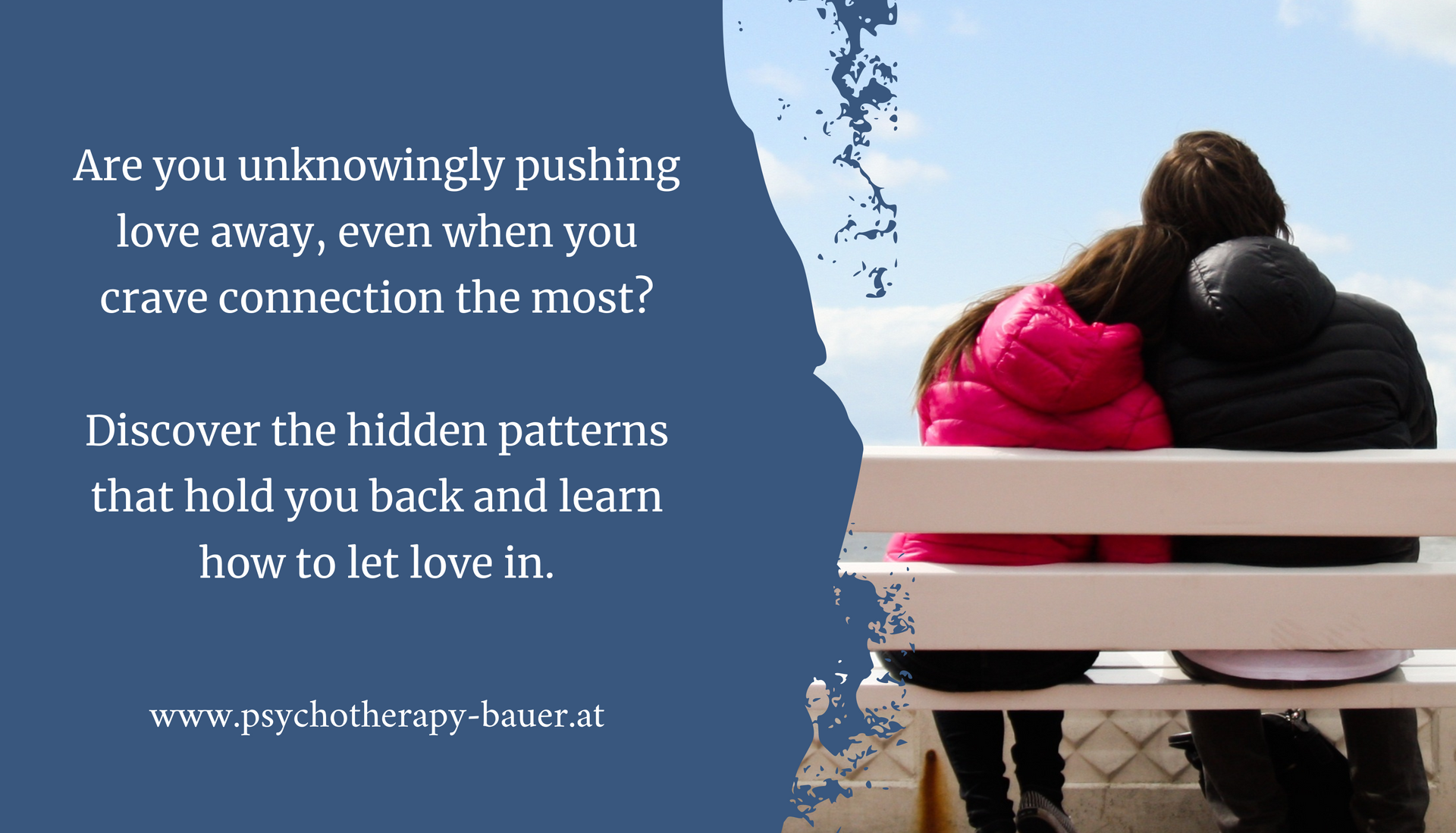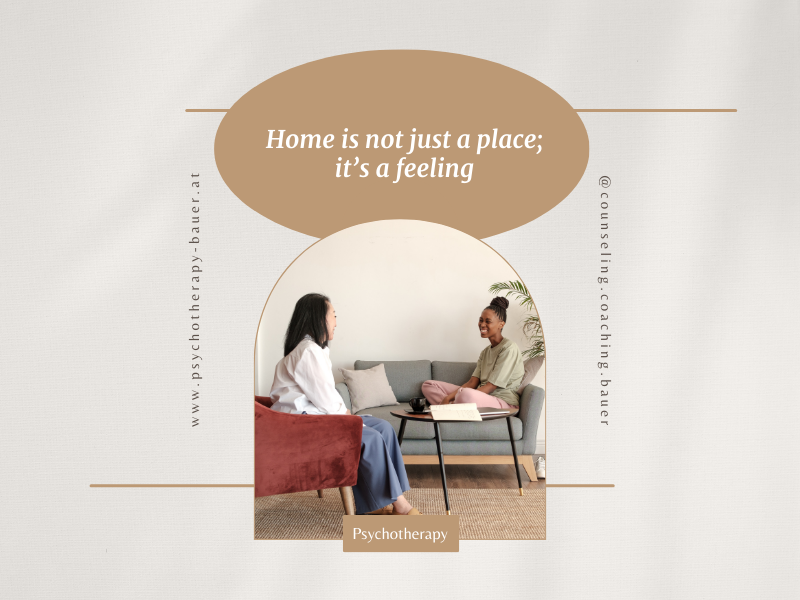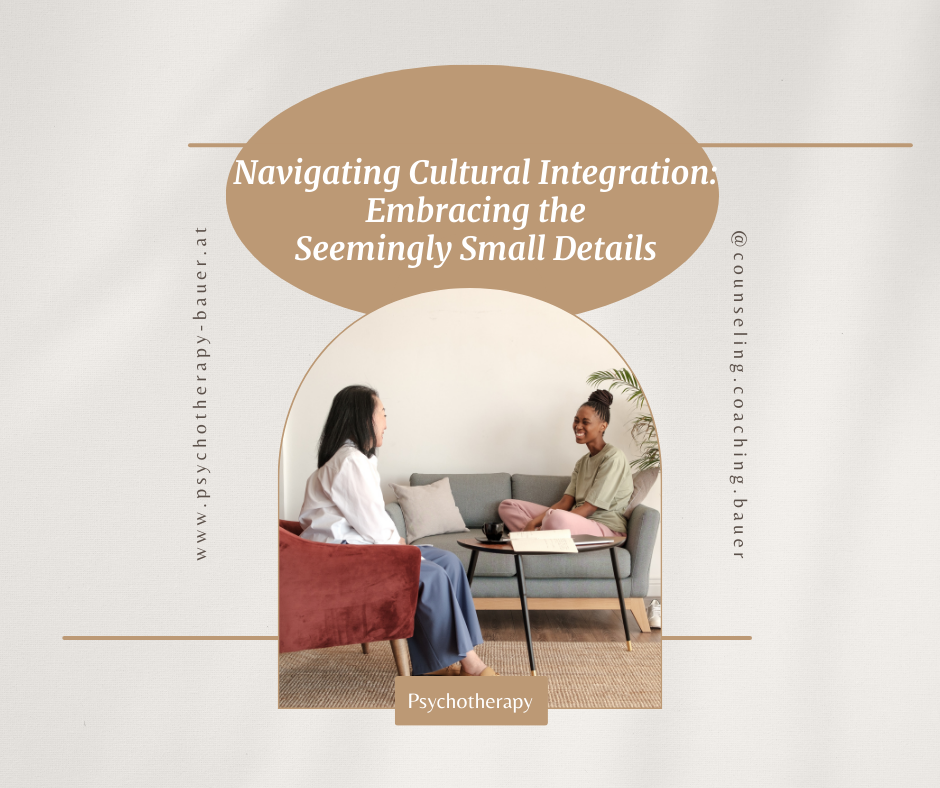The long and winding road: Harvey's journey into therapy
Silent struggle: the lengthy path to therapy

I’m not sure if there’s any research provided, but we all know plenty of individual stories about the long and hard journey people take before they go to therapy for the first time.
Early on, it is Jessica who forces Louis to see a therapist. And as Jessica is very straightforward, she doesn’t just threaten with firing him if he doesn’t go to therapy; she also chose the therapist for him. I’d say that’s not the way it usually works. For better or worse, you get to decide for yourself when it’s time to go to therapy, and apart from recommendations, you’re usually left to choose the therapist for yourself. But for the sake of the series and Jessica's way of looking after her staff, this job has been provided to Louis.
And believe it or not, more often than not, there are partners or friends supporting in one way or the other client’s first steps into therapy. If you do need some personal support, maybe you check once again on your community – I’d bet there are some people who have great experiences with therapy. Unfortunately, sharing about one’s therapy experiences is still not the most common topic at social gatherings.
Unveiling Louis' Therapy Journey: Struggles and Open Discussions
We get quite a good insight into Louis’s therapy process, and what’s left to him nevertheless is that he’s really struggling with going ahead with his therapy. It’s more than once that he tells his therapist he’d quit, and he starts off with some quiet, confrontational questions at the beginning.
I do resonate with the challenging way Louis and his therapist work things out. And although I am happy that not every client treats me like I was on the stand in court, I believe that it’s very beneficial for the therapeutic relationship if doubts and concerns can be clarified any time they occur and discussed openly.
Harvey's Painful Path: From Panic Attacks to Therapy
Unlike Louis, Harvey’s journey into counseling is a lot longer and more painful. After Donna left, he suffered from panic attacks. First, he doesn’t understand what’s going on. Then he realizes it’s about anxiety rather than any other somatic disease. It wouldn’t have been Harvey if he hadn’t tried to get through it by himself. His obvious solution was treating his panic attacks with medications, but his psychiatrist wouldn’t get along with this solution. After all, similar to Louis, it takes him some discussions and further suffering until he pops by his therapist at night and tells her that he’s eventually ready for therapy.
Realism vs. Fiction: Examining Therapy in SUITS
You can check out most of Harvey’s therapy process in season 5, episodes 5-7. The way they work and what we can witness from Louis' and Harvey’s therapy processes, I think they are pretty realistic. Apart from the idea that clients can pop up at any time at the therapist’s house. There really is a schedule, and a session doesn’t take longer than one hour.
Seeking Help Sooner: Preventing Unnecessary Suffering
But in any case, first and foremost, I want to encourage you to reach out for therapy the first time you get a panic attack or lose an important person (and that doesn’t necessarily mean they passed away). What I meant is that Harvey’s journey into therapy could have been shorter. That wouldn’t have prevented just him from unnecessary suffering but also the people around him. Do you remember how shocked Mike was when he witnessed Harvey’s panic attack and was going to call 811 because he expected it to be a heart attack? See, usually, there are people around, even if we are not always aware of the fact that they care. They usually notice, and more often than not, they are pretty helpless. If they're your partner, friends, children, or coworkers, if you don’t care about getting help and support for yourself, maybe there’s a person around who you don’t want to burden with your problems.
The Importance of Taking the First Step in Therapy
Another point I want to comment on, which is not the subject of this series, is that therapists don’t “keep” clients if there’s no work to do. That means if you’re not sure if therapy is the right approach for you, and you show up at a therapist, it will be your first step to figure out what you’re suffering from, diagnose it, and see if therapy is indicated. In the event that therapy is not the right “cure,” there’s no way or danger that the treatment can proceed. Yet, you probably have a better idea of what might really help you.
Finding the Right Path: Clarifying Doubts in Therapy
This way, I want to encourage you to step up and reach out for an initial session whenever you’re in doubt about going to therapy. Nothing will be lost, but a lot of energy and suffering can be saved and provided if you reach out early on.
So even if you don’t feel entirely ready to take the first step toward healing and self-discovery - Don't wait any longer.
Drop me a note right away and take the very first steps towards a happier and healthier life. Seeking help is not a sign of weakness but a courageous act of self-care. Your well-being matters, and we are professionals to support you.
Take that leap and prioritize your mental health. You deserve it.












